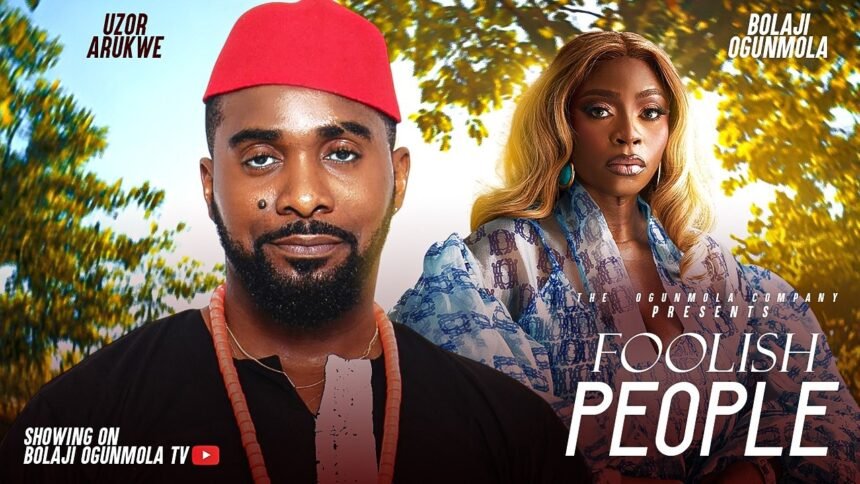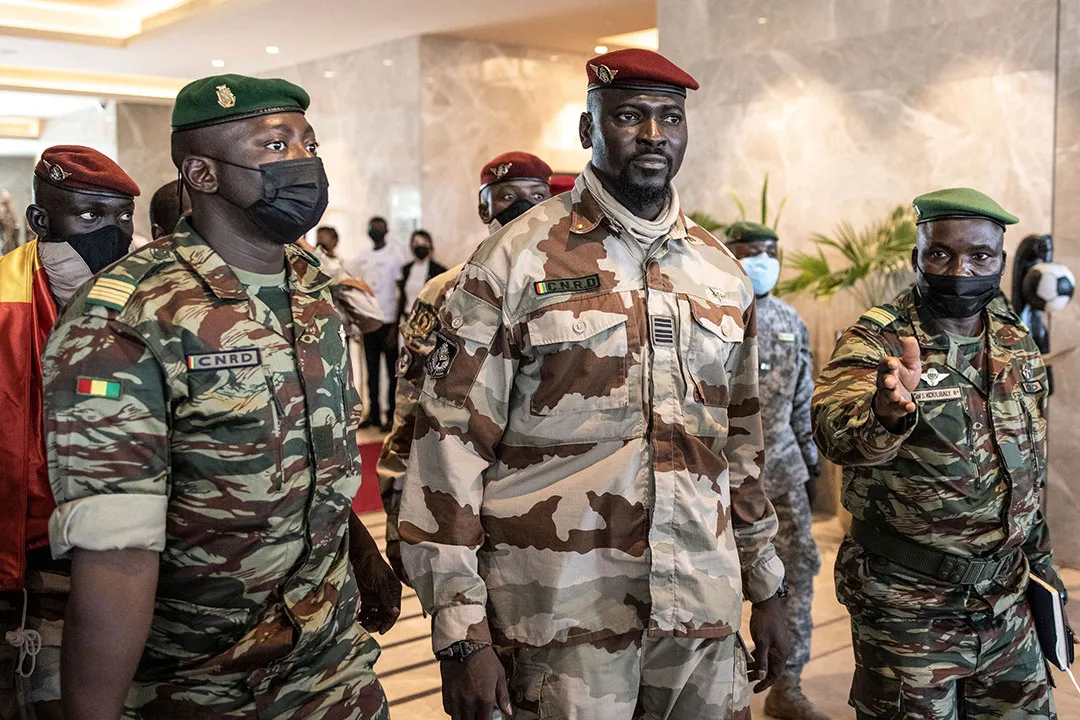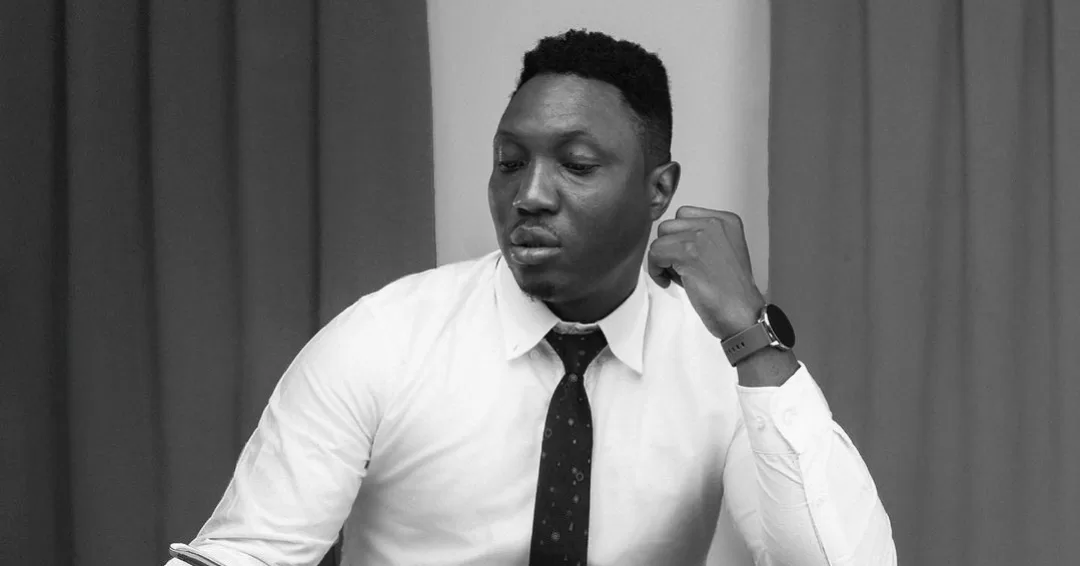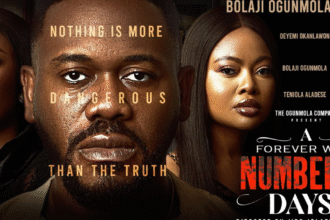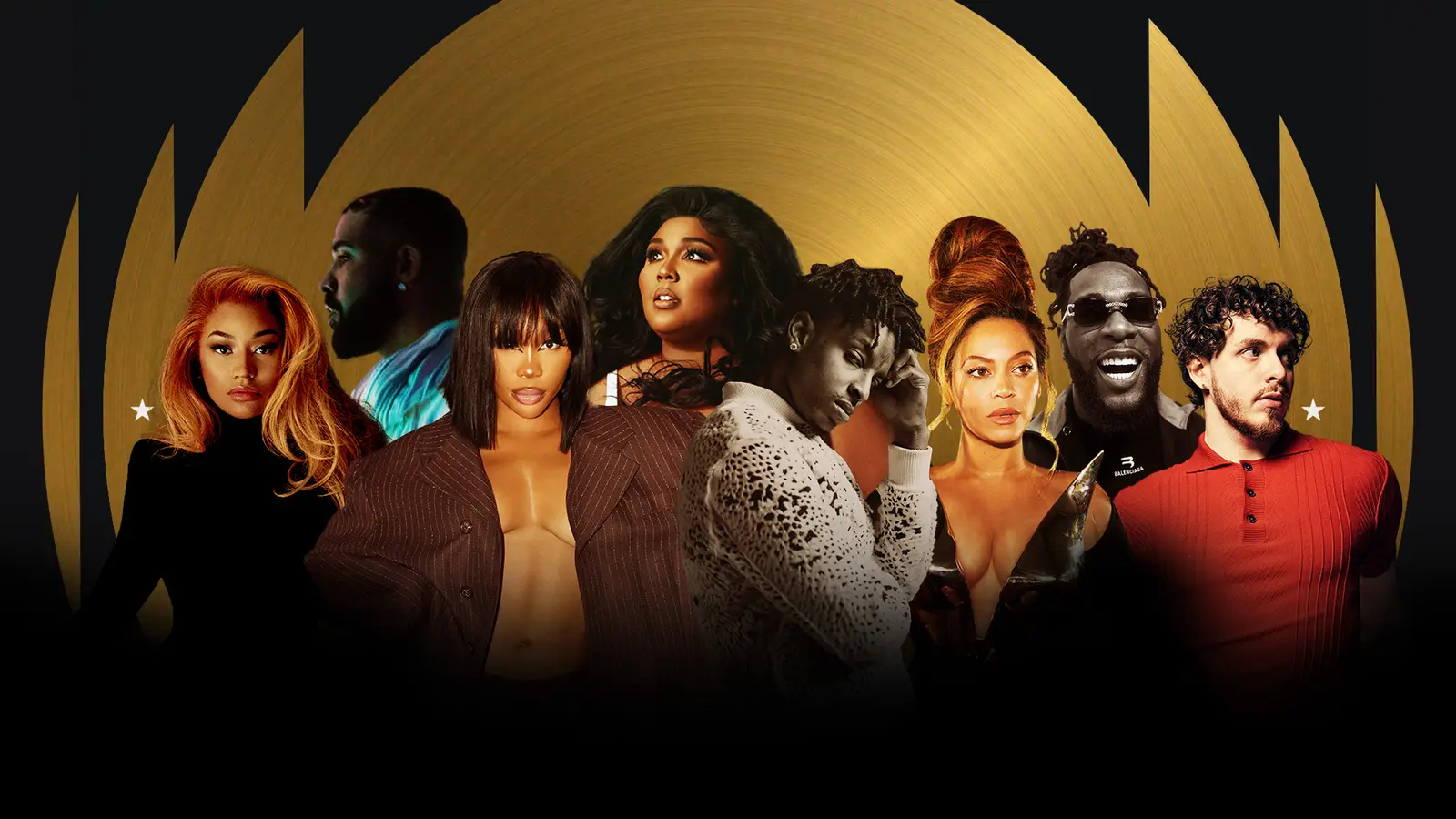Streaming exclusively on Bolaji Ogunmola TV on YouTube, Foolish People is a deeply emotional drama that dives into love, loss, and that awkwardly chaotic space where exes become co-parents. Directed by Great Val Edochie, this film explores what happens when two people, bound by a shared past and mutual heartbreak, are suddenly responsible for a child who isn’t theirs but might just be their path back to themselves.
The setup is wildly unconventional: a godfather and a cousin, once lovers, are now forced to live under the same roof, not because they want to, but because life insists.
Plot
Foolish People opens with a jarring phone call. Phoebe is hit with gut-wrenching news: her cousin and her husband have just died in a plane crash en route from Abuja to Lagos. No survivors. A moment later, she’s in a tense sit-down with Dr Charles (her ex, of all people) and a no-nonsense social worker. The agenda? Tabby, a 15-year-old girl left parentless by the crash. Phoebe, the cousin of Tabby’s mother, and Charles, the godfather of Tabby, are the only ones trusted to take her in. But there’s a catch: they have to live together to qualify as guardians. And if they don’t? The child’s inheritance disappears into government hands.
Charles, the classic overworked doctor with tech-bro ambitions, can’t say no, but neither can Phoebe, a firecracker of a woman with an online store and dreams of publishing her first book. Sparks fly, but not the romantic kind. These two have history. Messy, unresolved, passionate history.
They were a couple once. Four years ago. But his chronic unavailability (thank you, surgery schedules) and his inability to prioritise her tore them apart. And now? They’re roommates. With a teenager.
What follows is pure Gen-Z emotional warfare. Banter, beef, boundaries crossed. Phoebe’s bestie notices the chemistry’s still sizzling and stirs the pot: “I think Charles still likes you.” Phoebe? She flips the script and launches Operation Husband Hunt, not for love, but as a means to escape the chaos. Cue the dating montage. Charles is fuming silently in the background as Phoebe goes out with Mark, a seemingly perfect Christian brother. But plot twist, Mark turns into every woman’s worst nightmare, attempting to assault her. Phoebe survives the ordeal and decides: enough romance, back to business.
Meanwhile, Tabby’s got her own life happening. Inter-house sports day comes up, and she begs both Phoebe and Charles to attend. But Charles gets sidetracked again with an emergency at work. Phoebe can’t skip her meeting either. So no one shows. The result? Tabby collapses due to a panic attack and ends up in the hospital. Her diagnosis: chronic anxiety, intensified by emotional neglect.
That moment hits hard. Tabby calls them out. Loud. “You don’t love me. You don’t even want me.” She begs to be taken to an orphanage. Phoebe, heartbroken and furious, takes her home alone, cutting Charles off entirely. She’s reminded of why they broke up: his endless prioritisation of everything else except her.
Charles spirals. But this time, he reflects. He realises he can’t keep using “saving lives” as a reason to ruin his own relationships. He starts showing up for Tabby and for Phoebe. The house begins to warm up again.
And just when you think you’ve reached peak chaos? Boom! romantic re-ignition. A night of deep talk turns into deeper touches. They reconnect. Next morning? Charles proposes. No drama. No hesitation. Just love, finally done right.
Soon after, Phoebe finishes her book. Charles supports her like never before. They break the news of their engagement to Tabby, who finally feels seen, heard, and loved. A messy family, yes. But one that works.
Cast
Pamilerin Ayodeji as Tabby was an absolute breakout! Her performance, especially after the hospital breakdown, was raw and painfully relatable. You felt her hurt. She gave the film emotional gravity.
Bolaji Ogunmola, as Phoebe, delivered both sass and soul. Bolaji’s portrayal was layered. Her emotional scenes? 100% believable. Uzor Arukwe as Dr Charles nailed the overworked-doctor-who-finally-gets-it arc. Other notable actors include Chandaza Juvi Mweenda and Aaron Sunday.
Language
Dialogues flow in English, with sprinkles of Igbo and Nyanja giving the movie a rich linguistic blend that grounds the film in its African roots while keeping it modern and vibrant.
Final take
Foolish People had the makings of a heartfelt drama: grief, forced co-parenting, and unresolved love, but somewhere between ambition and execution, the plot fumbled a little.
Let’s start with the cast: solid, YouTube-stream-worthy talents. But Uzor Arukwe, usually magnetic, felt… muted. It’s almost like he hadn’t fully transitioned from Odogwu to Dr Charles. The laid-back energy he brought made his character’s stakes feel low, even during intense moments, like Phoebe’s near-assault scene, where we expected fire and got embers.
Plot-wise? The idea was there, but the storytelling skipped emotional beats. The death of loved ones was glossed over too quickly. Sure, there was a tearful scene, but it felt more like panic about parenting than actual grief. The grieving process, a golden opportunity for depth, was left underexplored.
Technically, there were slip-ups: no subtitles when the Zambian character spoke her language, but subtitles popped up when they were already speaking English. Sound issues made some scenes feel rough and under-edited.
Then there’s the confusing bit about Charles “paying investors” with zero prior context. What investors? Is he a techpreneur now? That thread wasn’t woven in well.
Still, the film offered nice parallels between Phoebe and Tabby, both trying to figure out where they belong, both learning to love out loud. The chemistry was there. The intention was clear.
Bottom line? This story has sequel potential if they fix the emotional pacing, give Uzor something to sink his teeth into, and tighten the technical aspects. With a more grounded tone, deeper grief exploration, and sharper continuity, Foolish People 2 could truly hit home.







